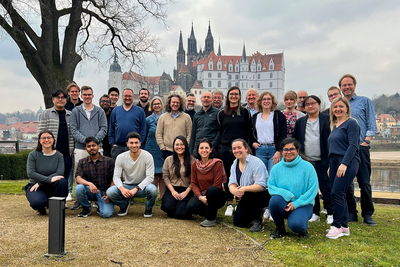Introducing Ulrich Rant: Sensing Life's Interactions - From the Cell to the Molecule
Ulrich Rant - Professor of Physical Chemistry/ Measurement and Sensor Technology
Published on in RTG 2767 NEWS
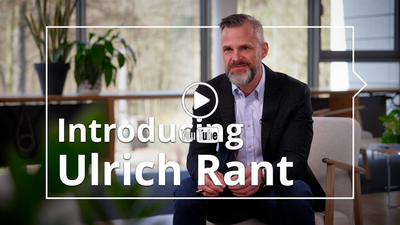
Congratulations! Along with Sara Bals, our Mercator Fellows L. M. Liz-Marzan and N. A. Kotov acquire ERC Synergy Grant
Published on in RTG 2767 NEWS
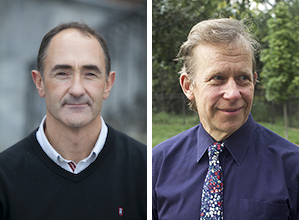
Congratulations: Taufhik Hossain Tonmoy wins poster prize
Published on in RTG 2767 NEWS
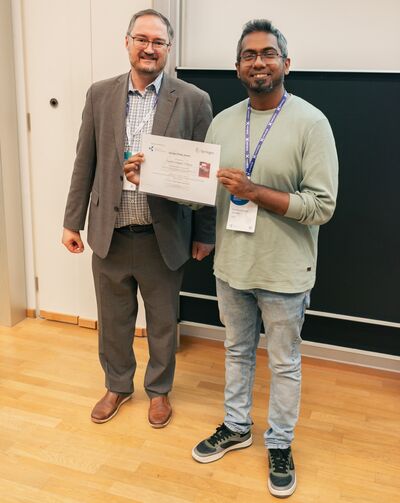
Join the Team! Research Associate / PhD Student Position @ RTG2767
Published on in RTG 2767 NEWS

Read more … Join the Team! Research Associate / PhD Student Position @ RTG2767
Congratulations: Prof. Caroline Murawski takes over Chair of Biomedical Sensor Technology
News Release from TU Dresden, Faculty of Electrical and Computer Engineering, 5 July 2024
Published on in RTG 2767 NEWS
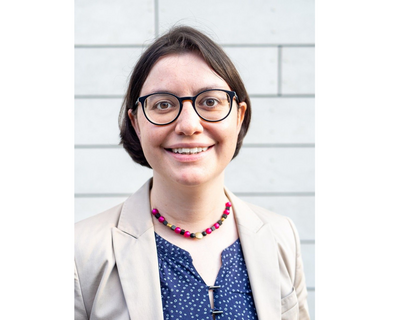
German Chancellor Olaf Scholz learns about KSI Meinsberg's "WaterMonitor" cooperation project with Chongqing University
Published on in RTG 2767 NEWS
Congratulations to Dr. Larysa Baraban! Appointment to the professorship "Medical Nanotechnology" at the Else Kröner Fresenius Center (EKFZ) for Digital Health
Published on in RTG 2767 NEWS
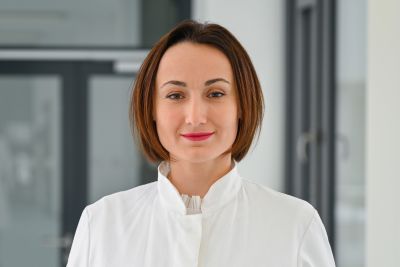
24th DRESDEN-concept Lunch Retreat: Dr. Caroline Murawski, TUD Young Investigator and head of the junior research group "Organophotonic Sensory Systems"
Published on in RTG 2767 NEWS
Page 2 of 4





